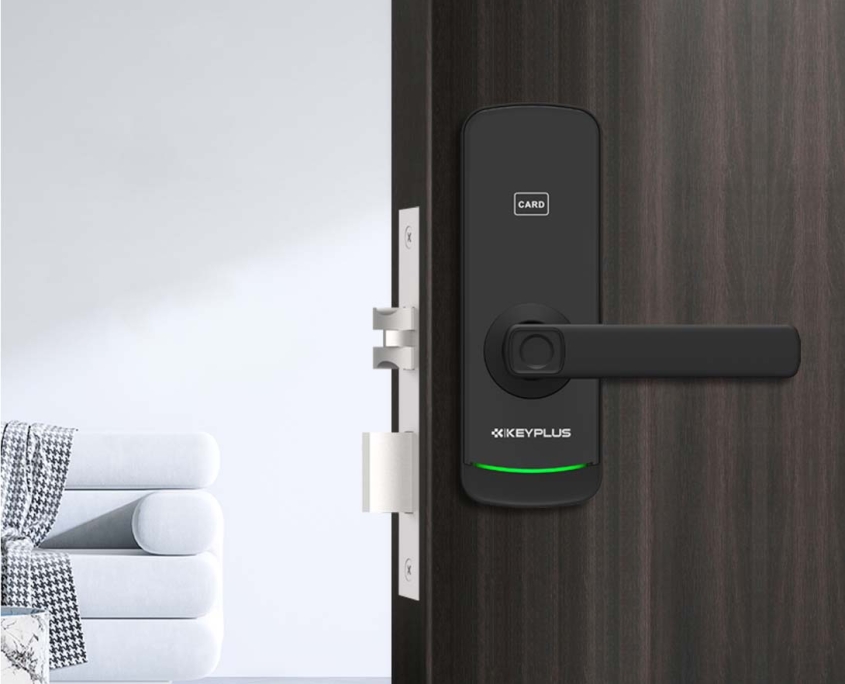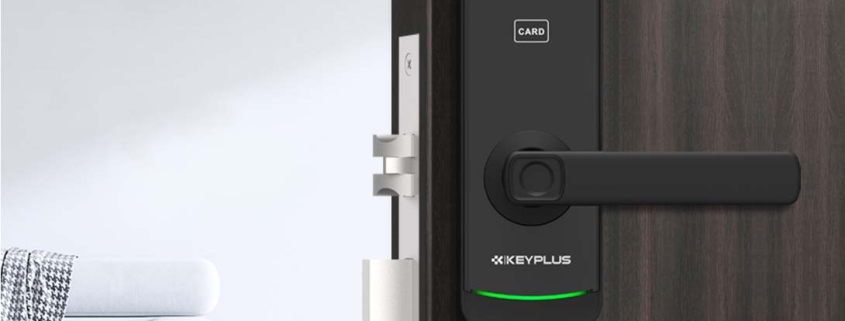Do Smart Locks Use Batteries?
Smart locks are revolutionizing home security, offering keyless entry, remote access, and seamless smart home integration. But one common question many Americans have is: Do smart locks use batteries?
The short answer is yes, most smart locks are battery-powered. However, the type of batteries, battery life, and backup power options vary by model. In this guide, we’ll break down everything you need to know about smart lock batteries, including:
-
Why smart locks use batteries
-
Types of batteries in smart locks
-
How long smart lock batteries last
-
What happens when the battery dies?
-
Tips to extend battery life
By the end, you’ll have a clear understanding of how smart lock power works and how to keep your lock running smoothly.
1. Why Do Smart Locks Use Batteries?
Unlike traditional deadbolts, smart locks have electronic components that require power to function. Since most doors don’t have built-in wiring, batteries are the most practical solution. Here’s why:
Easy Installation – No need for complicated electrical wiring; just install and insert batteries.
Portability – Can be used on rental properties or homes without hardwired power.
Backup Power Options – Many smart locks have alternative ways to unlock if batteries die.
2. What Kind of Batteries Do Smart Locks Use?
Most smart locks use standard, replaceable batteries rather than built-in rechargeable ones. The most common types are:
A. AA or AAA Alkaline Batteries
-
Pros: Cheap, widely available, easy to replace
-
Cons: Need periodic replacement (every 6-12 months)
B. Lithium Batteries (CR123A, 9V, etc.)
-
Used in: Some high-end smart locks
-
Pros: Longer lifespan, better performance in extreme temperatures
-
Cons: More expensive, harder to find in stores
C. Built-in Rechargeable Batteries (Less Common)
-
Used in: A few premium models
-
Pros: No need to buy replacements
-
Cons: Must recharge periodically; not as common in the U.S.
3. How Long Do Smart Lock Batteries Last?
Battery life varies depending on:
-
Usage frequency (how often the lock is activated)
-
Connectivity (Wi-Fi drains batteries faster than Bluetooth)
-
Temperature (cold weather can reduce battery efficiency)
Average Battery Life by Lock Type
| Smart Lock Type | Battery Life |
|---|---|
| Basic Keypad Locks (Bluetooth-only) | 12-24 months |
| Wi-Fi-Enabled Locks | 3-6 months |
| Fingerprint + Keypad Locks | 6-12 months |
| Z-Wave/Zigbee Locks | 6-12 months |
Pro Tip: If your smart lock connects to Wi-Fi directly (instead of a hub), expect shorter battery life.

4. What Happens When the Battery Dies?
A dead battery doesn’t necessarily mean you’re locked out. Most smart locks have backup power options, such as:
A. External Battery Packs (9V Emergency Power)
-
Some locks let you connect a 9V battery to the keypad for a quick power boost.
B. Physical Key Override
-
Many smart locks include a traditional keyhole as a backup.
C. Wireless Charging (Rare but Emerging)
-
A few models allow charging via a portable power bank.
D. Low-Battery Warnings
-
Most smart locks alert you via:
-
Beeping sounds
-
App notifications (if connected)
-
Flashing LED lights
-
Warning: If you ignore these alerts, you could get locked out!
5. How to Extend Smart Lock Battery Life
To maximize battery performance, follow these tips:
Use High-Quality Batteries (e.g., Duracell, Energizer Lithium)
Disable Unnecessary Features (e.g., reduce Wi-Fi usage if possible)
Keep Firmware Updated (manufacturers optimize power efficiency)
Avoid Extreme Temperatures (cold weather drains batteries faster)
Check Battery Levels Regularly (via the app or manual testing)
Final Verdict: Yes, Smart Locks Use Batteries—But It’s Not a Dealbreaker
Smart locks rely on batteries, but with proper maintenance, you won’t have to worry about frequent changes. Key takeaways:
-
Most smart locks use AA or lithium batteries (last 6-12 months).
-
Wi-Fi models drain batteries faster than Bluetooth/Zigbee.
-
Backup options (keys, 9V power) prevent lockouts.
-
High-quality batteries & firmware updates extend lifespan.
If you’re considering a smart lock, choose one with long battery life and backup access to avoid surprises.
Have Questions? Ask Below!









